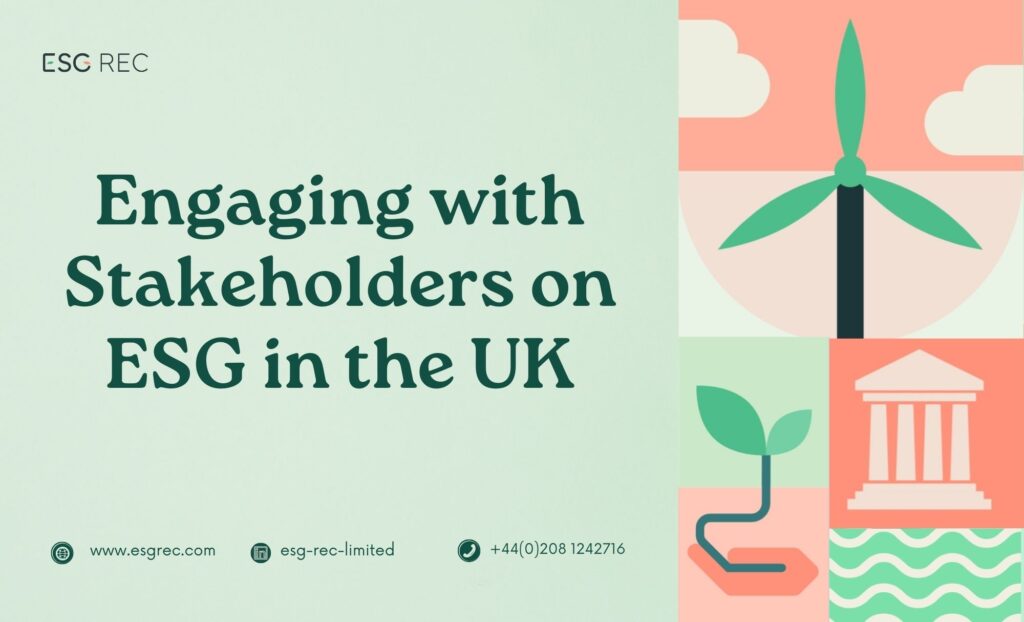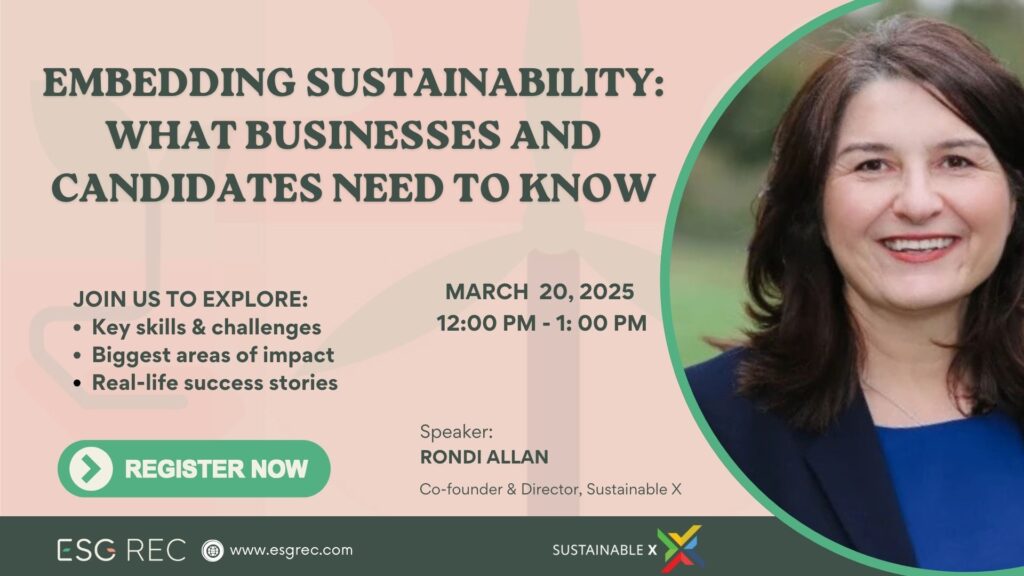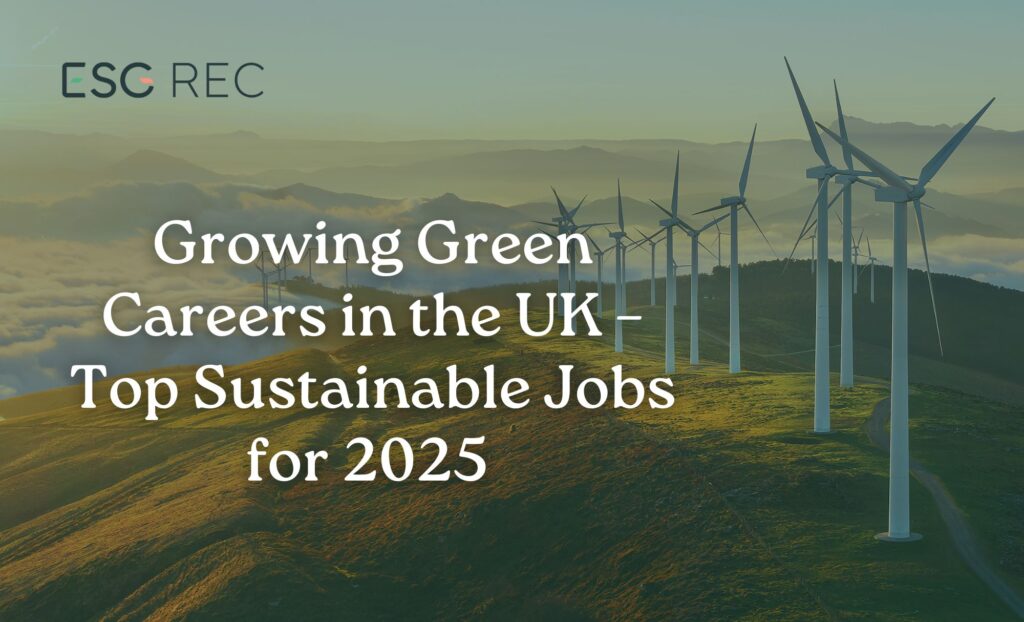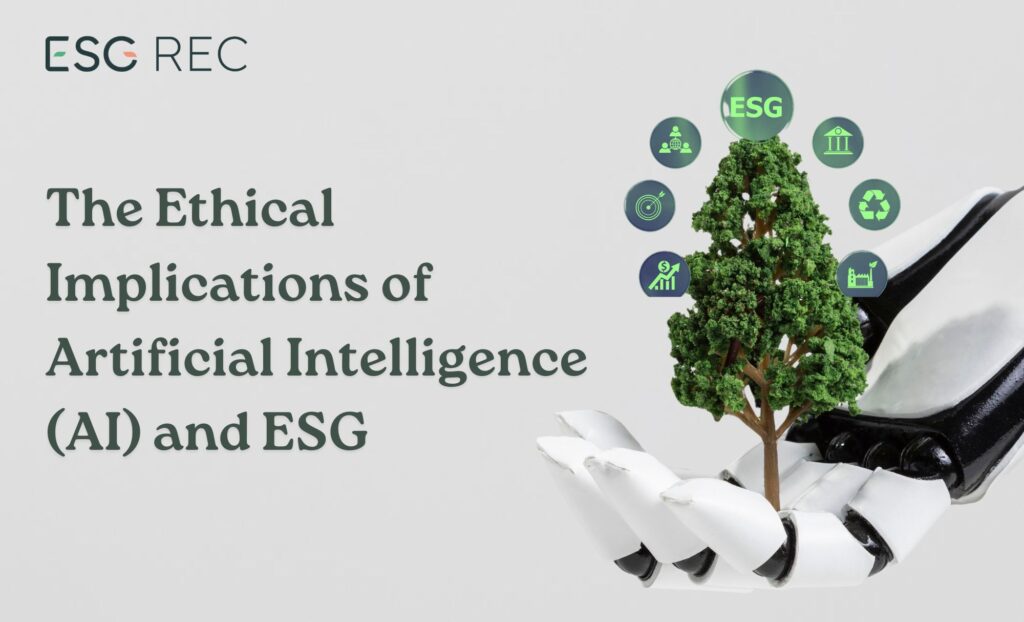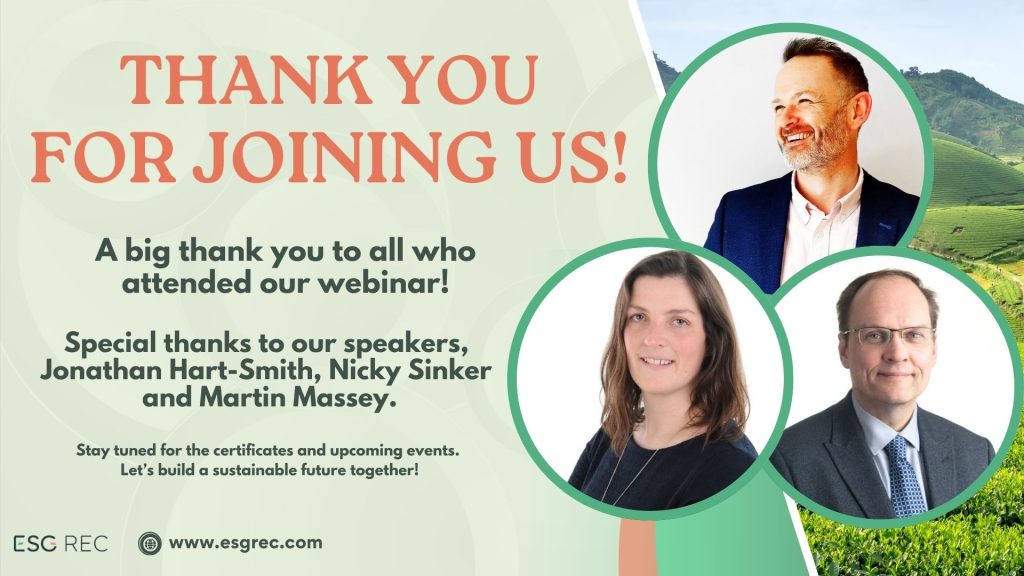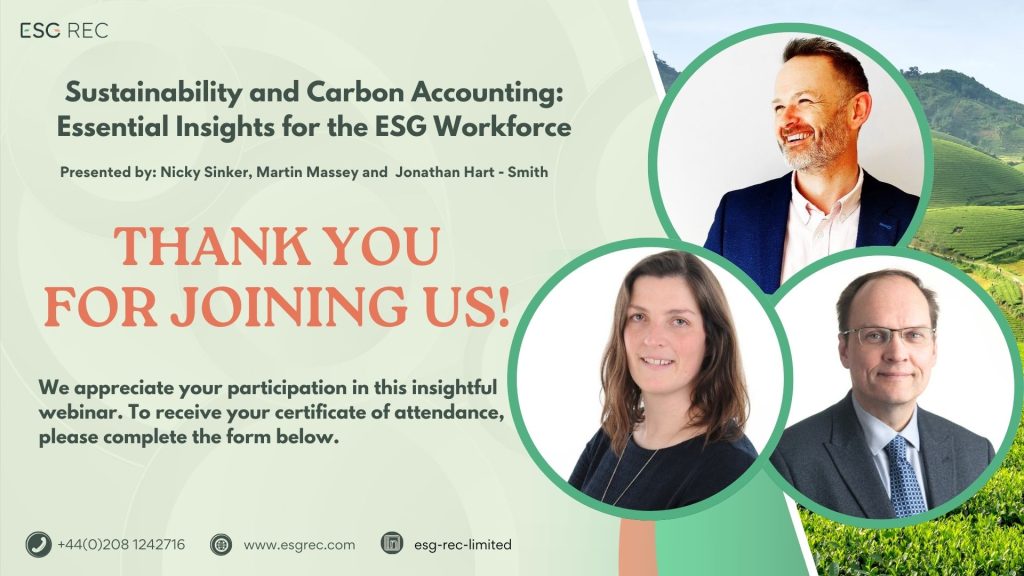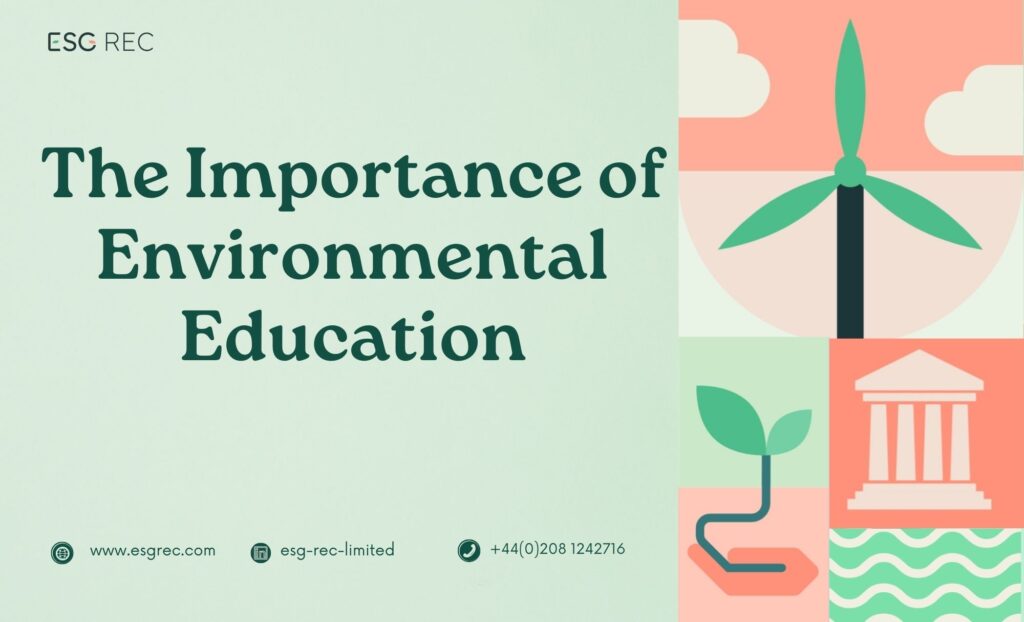
Environmental education plays a crucial role in shaping a sustainable future. By raising awareness about environmental issues, educating the next generation, and promoting environmental literacy, we can foster a society that prioritises the planet’s well-being.
Raising Awareness About Environmental Issues
Climate change, biodiversity loss, and pollution are some of the biggest challenges facing our world today. Without proper knowledge and awareness, individuals and communities may struggle to take meaningful action. Environmental education equips people with the information needed to understand these pressing issues and make informed choices that reduce their environmental impact.
Environmental issues such as deforestation, water scarcity, and rising global temperatures impact every aspect of life. Understanding how daily activities contribute to these problems is key to creating sustainable solutions. Schools, workplaces, and media campaigns must focus on increasing awareness to help people adopt greener lifestyles.
Educating the Next Generation
Schools and universities play a vital role in integrating environmental studies into their curriculums. By teaching students about conservation, renewable energy, and sustainable practices, we empower them to become responsible stewards of the environment. Hands-on experiences, such as tree planting, recycling programs, and eco-friendly school initiatives, help students develop a deeper connection to nature and encourage lifelong sustainable habits.
Governments and policymakers must also support the inclusion of climate science, waste management, and ecological conservation in national education programs. Integrating environmental learning with other subjects such as science, geography, and economics ensures a well-rounded understanding of sustainability challenges.
Promoting Environmental Literacy
Environmental literacy goes beyond basic knowledge—it involves critical thinking, problem-solving, and active participation in sustainability efforts. Businesses, governments, and organisations must also engage in continuous learning and training to implement effective environmental policies. A well-informed public can drive demand for greener products, advocate for stronger regulations, and push industries toward more sustainable operations.
Encouraging lifelong environmental literacy means making educational resources accessible to all age groups. Digital platforms, documentaries, sustainability courses, and workshops play a significant role in spreading awareness. The rise of online learning has also made it easier for individuals to educate themselves on important environmental topics.
The Role of Businesses and Communities
Companies and local communities can also contribute to environmental education by promoting sustainable workplace practices, supporting green initiatives, and investing in corporate social responsibility programs. Public campaigns, community clean-ups, and collaborations with environmental organisations help spread awareness and encourage collective action.
Many businesses now see the benefits of sustainable operations, both for cost efficiency and reputation management. Companies that prioritise environmental education among employees foster a culture of sustainability, leading to greener corporate practices. Investing in renewable energy, waste reduction, and sustainable supply chains can significantly impact a company’s environmental footprint.
The Economic Impact of Environmental Education
Green industries and environmental careers are expanding rapidly as the demand for sustainability grows. Professionals with expertise in environmental science, conservation, and sustainable business practices are essential in driving the global transition to a green economy. Schools and universities must work closely with industries to prepare students for emerging job opportunities in renewable energy, waste management, and environmental consultancy.
Environmental education also plays a key role in influencing consumer behavior. As consumers become more informed, they are more likely to support eco-friendly products and services, driving businesses to adopt sustainable practices. A knowledgeable consumer base pushes industries towards innovation and greener alternatives, reducing their overall impact on the environment.
How Technology Supports Environmental Education
Advancements in technology have made environmental education more accessible and engaging. Virtual reality, interactive apps, and online courses provide immersive learning experiences that help students and professionals better understand environmental challenges. Digital platforms such as YouTube, podcasts, and e-learning websites have become valuable tools in spreading knowledge about sustainability and conservation efforts.
Artificial intelligence and data analytics also play a role in monitoring environmental changes and predicting future trends. These tools help educators, researchers, and policymakers develop strategies to combat climate change and promote sustainability.
The Future of Environmental Education
As climate change continues to be a global concern, the need for robust environmental education programs will only grow. Governments, businesses, and educational institutions must work together to ensure that sustainability remains a priority in learning systems. Incorporating environmental ethics into corporate policies and daily life can help create a generation that is better equipped to handle ecological challenges.
Community engagement, policy development, and public-private partnerships will play a crucial role in expanding environmental education initiatives. By fostering a culture of sustainability, society can take meaningful steps towards protecting the planet for future generations.
Take Action with ESG REC
At ESG REC, we understand the importance of sustainability-driven professionals in making a difference. Whether you’re looking to build an ESG-focused team or seeking a career in environmental fields, we are here to support your journey.
Explore opportunities and learn more at www.esgrec.com and join us in shaping a greener future!

